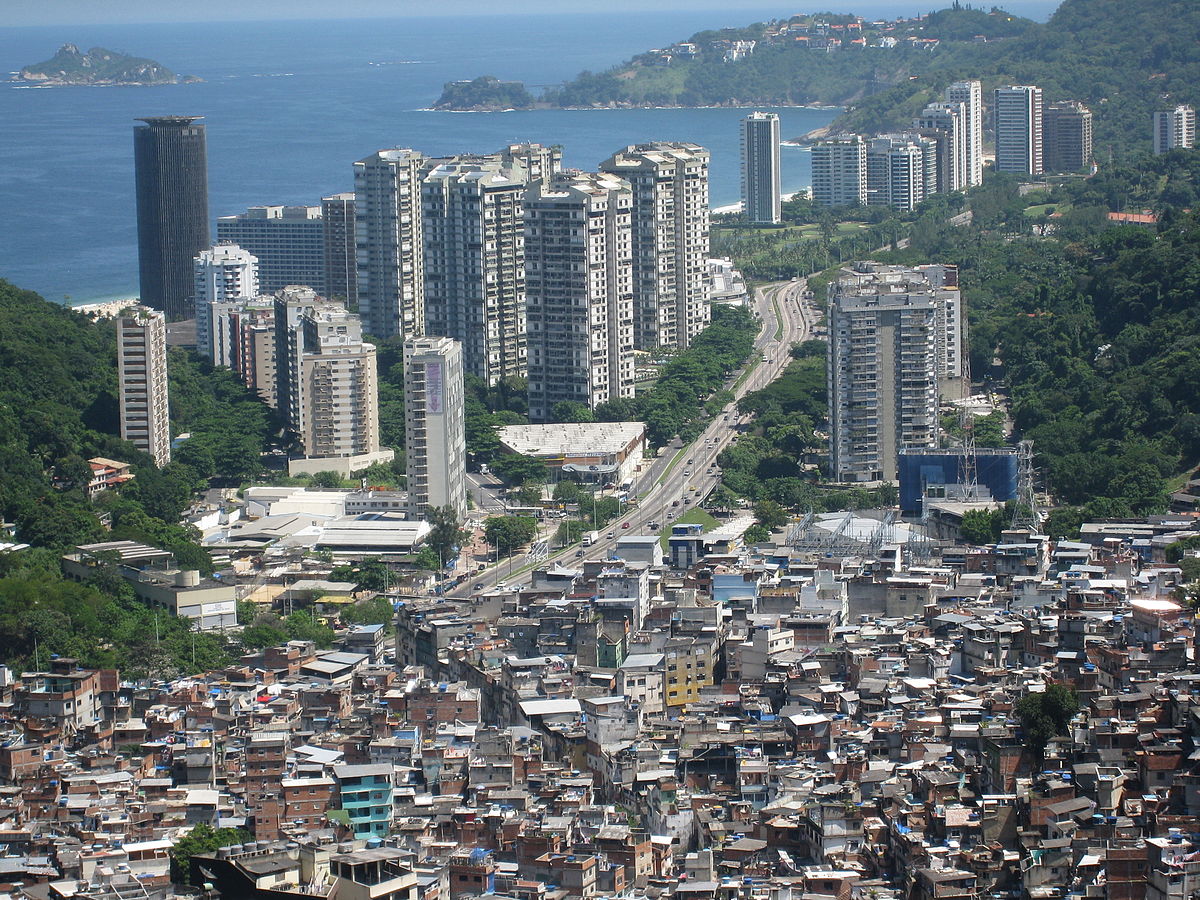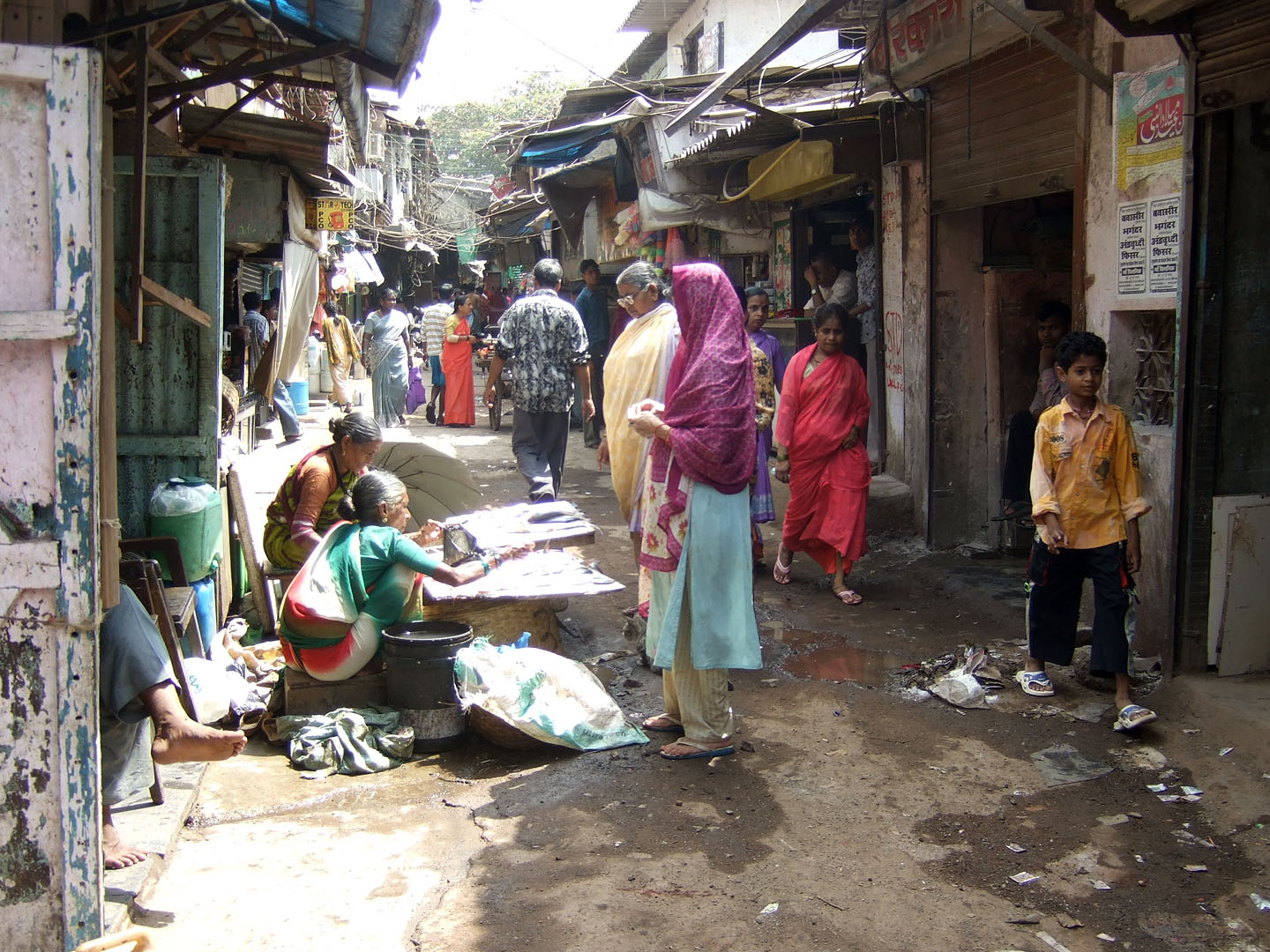Urbanisation, human health & climate change
The health of human populations in the 21st century appears to be inextricably linked to the fortunes of cities worldwide and their ability to respond to and adapt to climate change, in order to reshape the sustainability of their futures. By 2050 it is expected that two thirds (66%) of the people on the planet will be living in cities (UN 2014). According to Oberheitmann and Xiaodong (2013) cities across the globe are becoming increasingly vulnerable to the impacts of climate change and its related weather events. The health of residents in many cities is being impacted upon by flooding, energy and resource shortages and air and ground pollution (e.g. illustrated by the recent red alerts for air pollution levels in Beijing in December 2015).

'Rocinha Favela Brazil Slums' by Alicia Nijdam, from Flickr. Used under a creative commons license

'Dharavi Slum in Mumbai, India' by Kounosu , from Wikimedia. Used under a creative commons license
_next_to_open_sewage_(3110617133).jpg)
'Child in slum in Kampala ' by SuSanA Secretariat, from Flickr. Used under a creative commons license
More and more cities are suffering from acid rain and their major rivers and lakes are heavily polluted. Water shortage has become a common issue for modern cities, such as Beijing and Paris. The main reason for the frequent appearance of urban environmental problems and extensive natural resource use are the unsustainable patterns of production and consumption in cities….a low carbon economy is urgently needed in the world.
(Oberheitmann and Xiaodong 2013:270)
If climate change is to be tackled effectively and a low-carbon future is to be achieved then it is clear that urban regions need to be at the centre of this transformation. As human populations increasingly concentrate into urban areas worldwide (between now and 2050) this will present huge human health challenges. This is already an issue in the slums and shanty towns on the edge of many of the world’s largest cities in the developing world (e.g. Mumbai, Mexico city, Karachi, Cape Town, Rio de Janerio). The transition to an increasingly urbanised world is not being effectively planned for by urban authorities and is instead happening in a chaotic and haphazard way, having huge impacts on the urban landscape and the health of its population. Poor access to sanitation and clean drinking water are major contributors to ill health in slums across the world (Ramin 2009). With a high population density and overcrowding apparent, flooded areas and ditches are often reservoirs for infectious disease outbreaks.
So in short, urbanisation does not mean a better quality of life for all: “…this rising tide does not lift all boats and many poor people are rapidly being absorbed into urban slums. Urbanization, in fact, is a health hazard for certain vulnerable populations, and this demographic shift threatens to create a humanitarian disaster.” (Patel and Burke 2009: 741)